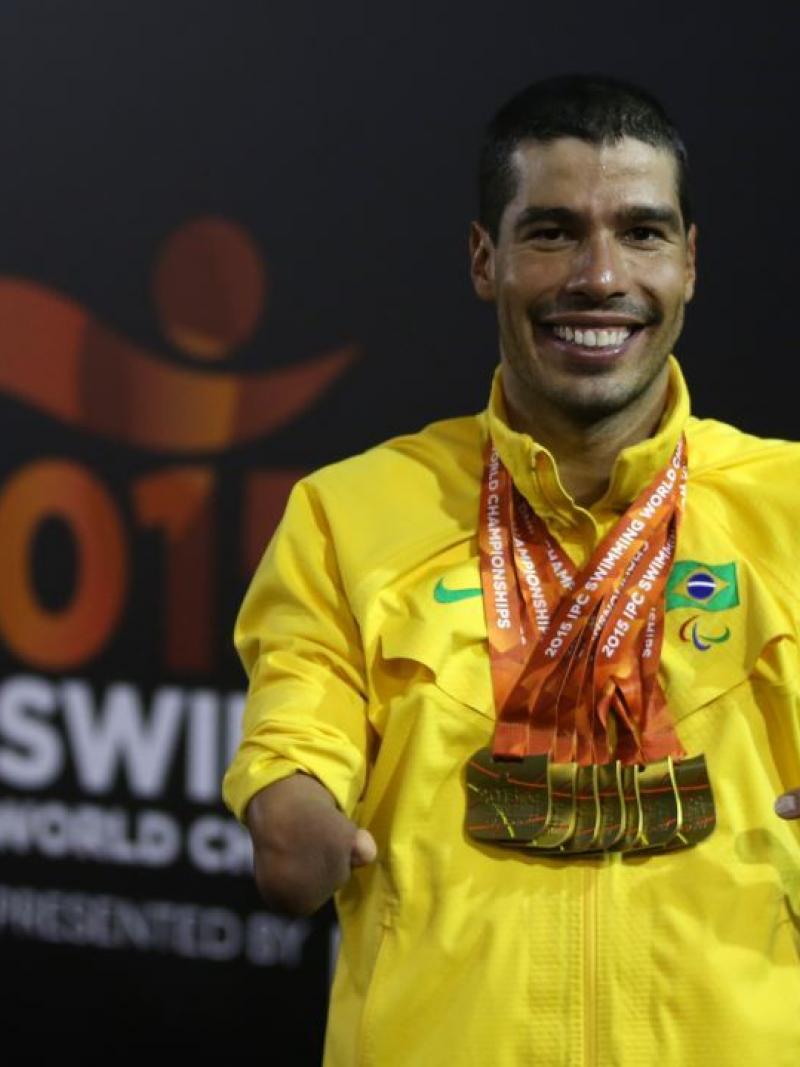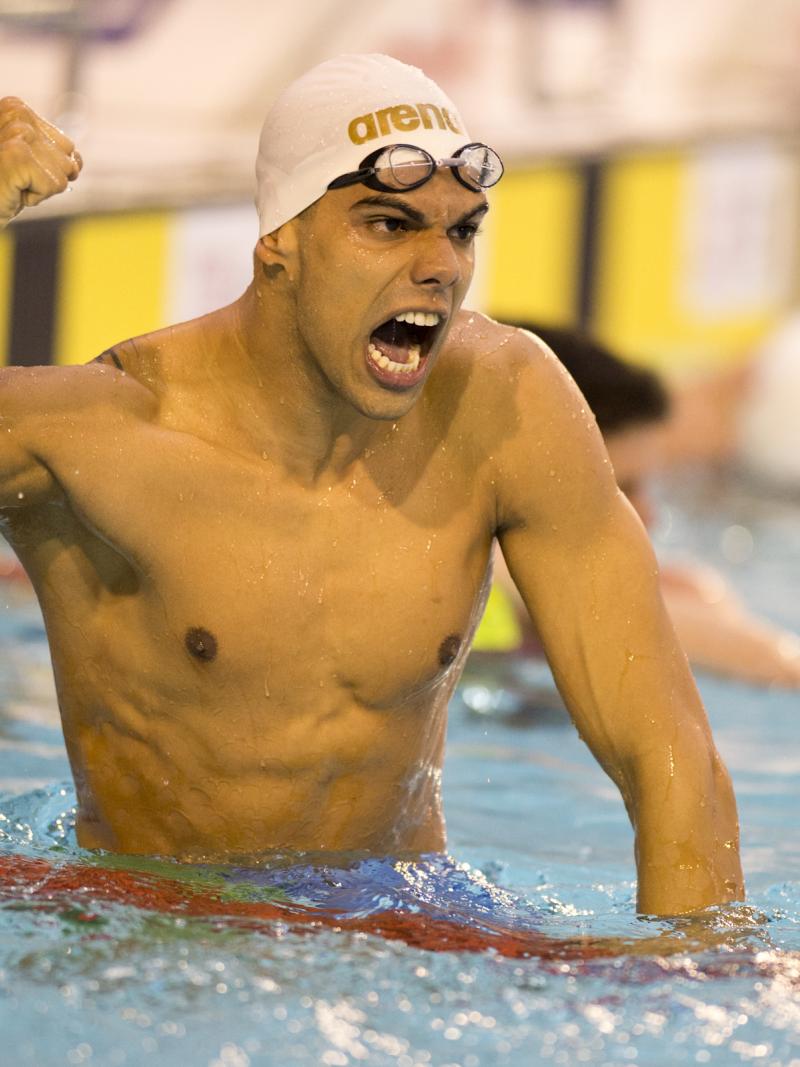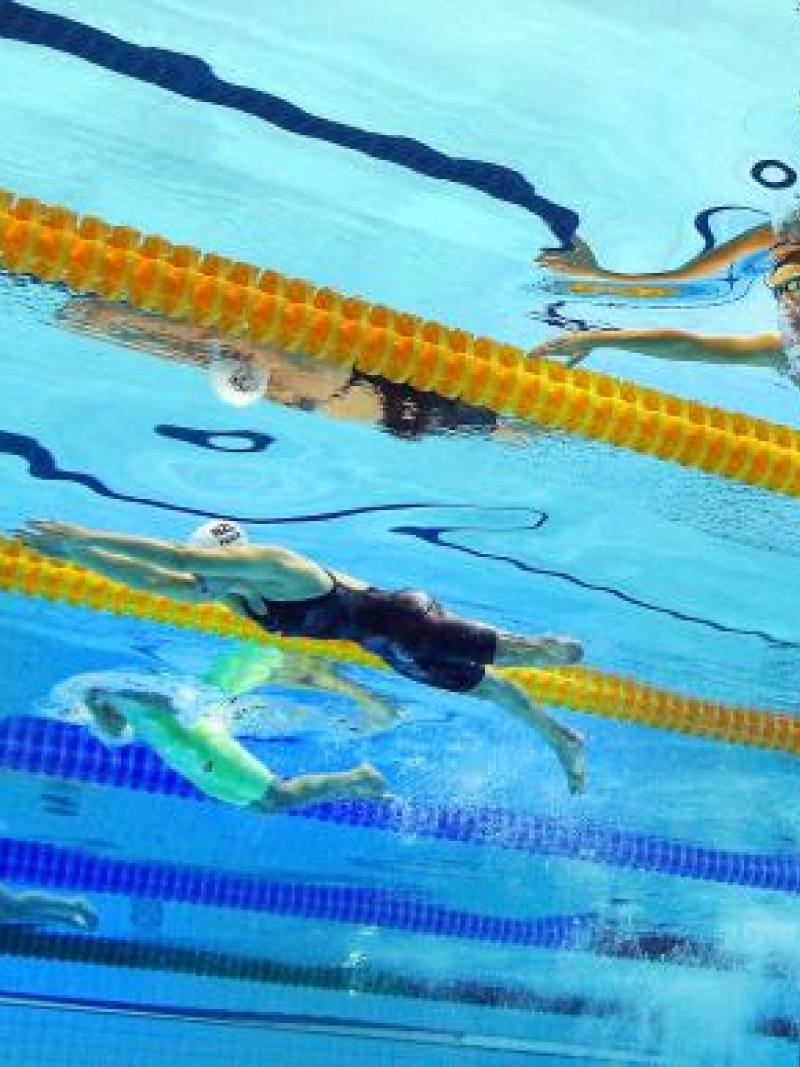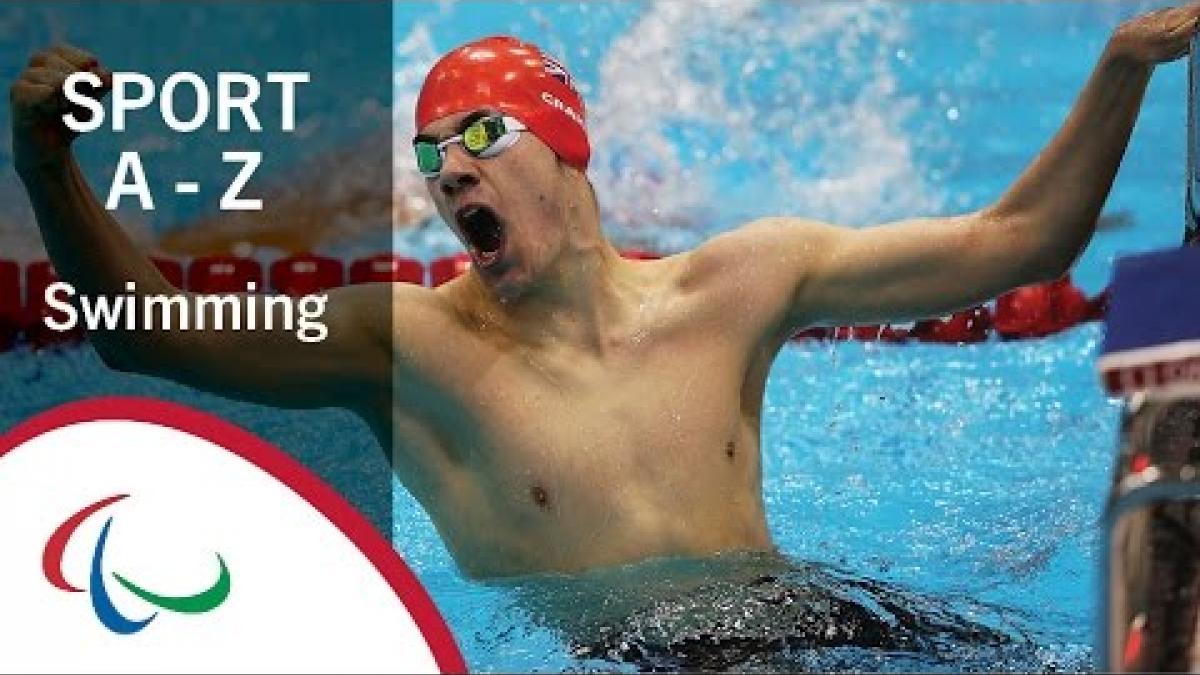Sport Week: History of swimming
Find out more about one of the most popular sports on the Paralympic programme, which has been a part of the Games since 1960. 21 Apr 2016
Maksym Veraksa
Swimming is one of the original Paralympic sports and has grown into the second-most popular in terms of TV viewers.
Like many of its counterparts it developed from rehabilitation into a high performance sport practiced around the globe by athletes with a physical, visual or intellectual impairment.
At the first Paralympic Games in Rome in 1960, swimmers with spinal cord injuries competed in five classes in just two distances – 25m and 50m – in backstroke, breaststroke and ‘crawl.’
An open mixed medal relay was introduced in Tokyo, Japan, in 1964 and more events were also added to the Games in Tel Aviv in 1968, including the 100m freestyle and an additional three relays.
Butterfly was contested for the first time at the Toronto 1976 Paralympic Games, where competitions for visually impaired swimmers were also included.
The Arnhem 1980 edition featured the debut of the USA’s Trischa Zorn, who won seven golds in women’s visually impaired events and would go on to become the most decorated Paralympian in the sport’s history. Zorn won 32 gold, nine silver and five bronze medals at Paralympic Games until her retirement following Athens 2004.
There was also a shift in classification in para-sport generally, from a medical based system to a functional approach. In a functional system the focus is on what impact the athlete's impairment has on his or her athletic performance.
Swimming continued to be a popular part of the programme throughout the 1990s and into the 2000s, where further rationalisation of classification and events took place.
Competitions for intellectually impaired athletes were included at Atlanta 1996 for the first time. However, they were removed after Sydney 2000 due to an investigation into the Spanish basketball team caused the suspension of all intellectually impaired athletes until London 2012.
The sport has produced many big-name stars over the years. In addition to Zorn, swimmers such as Great Britain’s Eleanor Simmonds and Brazil’s Daniel Dias have become household names because of their exceptional performances.
Times have also tumbled. For example, the world record in the men’s 50m freestyle S12 has reduced by 1.81 seconds since 2004. The world’s fastest Paralympian, Ukraine’s Maksym Veraksa, holds the current best in this event of 22.99 seconds.
At the last Paralympic Games at London 2012 604 swimmers from 74 countries competed in 148 medal events.
At Rio 2016, 620 athletes from around 70 countries will compete for 152 gold medals.
Editor’s note: Each sport on the Rio 2016 Paralympic programme will have a dedicated week of featured content published on paralympic.org. Every week a new sport will be featured and the series will run until September’s Games, helping the public understand more about the 22 sports being contested in Rio.
__
Sport fans from around the world can now buy their Paralympic tickets for Rio 2016 from authorised ticket resellers (ATRs).
The IPC’s Global ATR is Jet Set Sports, and Rio 2016 tickets and packages can be purchased on the CoSport website.
Residents of Brazil can buy 2016 Paralympics tickets directly from the Rio 2016 website.

 Facebook
Facebook
 Instagram
Instagram
 Twitter
Twitter
 Youtube
Youtube
 Tiktok
Tiktok




